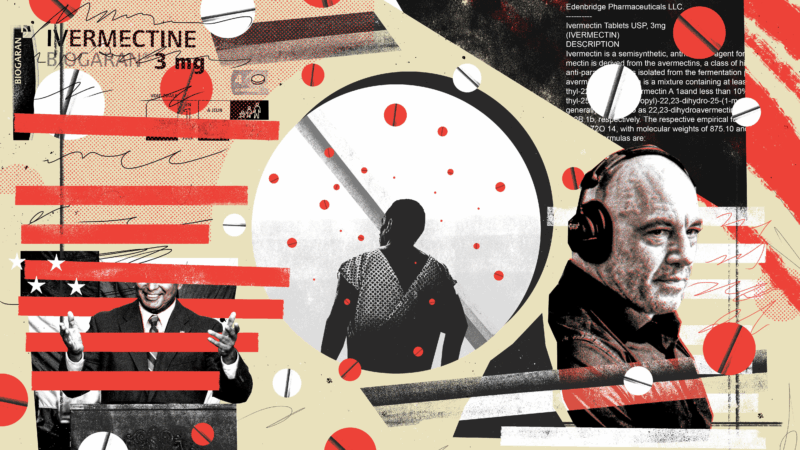Nearly 300 scientists apply for French academic program amid Trump cuts in U.S.
A French university courting U.S.-based academics said it has already received nearly 300 applications for researchers seeking “refugee status” amid President Trump’s elimination of funding for several scientific programs.
Last month, Aix-Marseille University, one of the country’s oldest and largest universities, announced it was accepting applications for its Safe Place For Science program, which it said offers “a safe and stimulating environment for scientists wishing to pursue their research in complete freedom.”
This week, Aix-Marseille said it had received 298 applications, and 242 of them are eligible and currently up for review. Of the eligible applicants, 135 are American, 45 have a dual nationality, 17 are French and 45 are from other countries, the university said.
“I am pleased that this request for the creation of scientific refugee status has found both media and political traction,” university President Éric Berton said in a statement.
The public research university said there is an even split between male and female applicants, with backgrounds from various prestigious U.S. institutions including Johns Hopkins University, NASA, the University of Pennsylvania, Columbia, Yale and Stanford. About 20 Americans will be accepted into the program to begin in June.
“We at Aix-Marseille University are convinced that mobilization to address the challenges facing scientific research must be collective in France and Europe,” Berton said.
The Trump administration has prioritized aggressive spending cuts and federal workforce reduction, leading to a battle for America’s best and brightest.
Already, for example, universities and medical research facilities are set to lose billions in federal funding under the National Institutes of Health. And rollbacks on federal diversity, equity and inclusion programs have compromised research ranging from climate change to biomedical research.
Aix-Marseille is not the only European institution hoping to capitalize on America’s brain drain.
Last month, France’s CentraleSupélec announced a $3.2 million grant to help finance American research that had been halted in the states. And Netherlands Minister of Education, Culture and Science Eppo Bruins wrote in a letter to parliament that he requested to set up a fund aimed at bringing top international scientists to the Netherlands.
There is some evidence that these entreaties are reaching curious ears.
Last month in the journal Nature, more than 1,200 respondents identifying as scientists cited Trump’s funding cuts as reasons they were considering moving to Canada or Europe.
Discussion boards reviewed by NPR show academics reaching the same conclusions.
Some Middle East flights resume, but thousands of travelers are still stranded by war
Limited flights out of the Middle East resumed on Monday. But hundreds of thousands of travelers are still stranded in the region after attacks on Iran by the U.S. and Israel.
‘Hamnet’ star Jessie Buckley looks for the ‘shadowy bits’ of her characters
Buckley has been nominated for a best actress Oscar for her portrayal of William Shakespeare's wife in Hamnet. The film "brought me into this next chapter of my life as a mother," Buckley says.
How, who, and why: NPR flips its famous letters to defend the right to be curious
NPR is standing up for the public's right to ask hard questions in a national campaign dubbed "For your right to be curious." At NPR's headquarters, on billboards in New York City, Chicago, and Washington, D.C., and across social media, NPR's three iconic letters transform into "how," "who," and "why" — a bold declaration of its commitment to fight for Americans' right to ask questions both big and small.
Hegseth: ‘We didn’t start this war but under President Trump we’re finishing it’
The remarks are the first to reporters since the U.S.-Israeli military operations against Iran began Saturday despite weeks of talks designed to stave off a conflict.
Ivermectin is making a post-pandemic comeback, among cancer patients
The anti-parasitic drug became a household name during the COVID-19 pandemic, and it is now being embraced as an alternative treatment for cancer. It is as politically polarizing as ever.
Rep. Adam Smith on the U.S. strikes on Iran and the debate over Trump’s war powers
NPR's Leila Fadel asks Democratic Rep. Adam Smith of Washington, the ranking member on the House Armed Services Committee, about President Trump's unilateral authorization to strike Iran.






